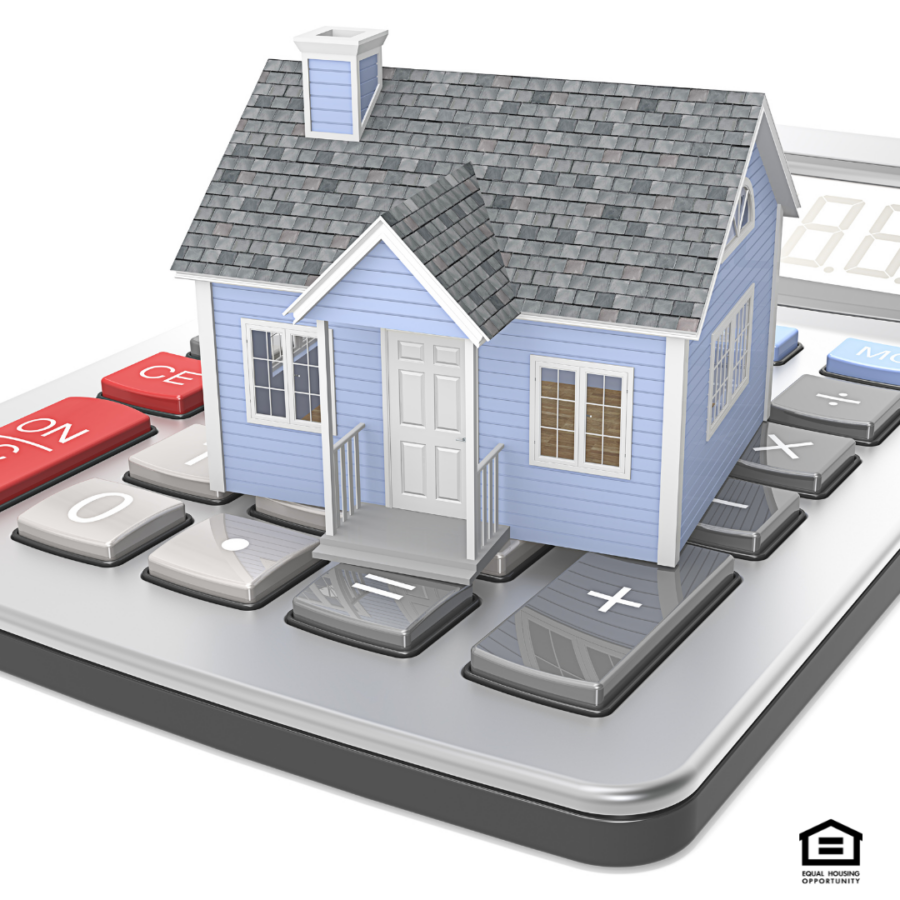When it comes to selling your home, pricing it right from the start is critical. While it’s tempting to list your property at a higher price with the thought of “testing the market” or leaving room for negotiation, this strategy can backfire. Overpricing can lead to extended time on the market, missed opportunities, and ultimately, a lower sale price than anticipated. Here are the top five dangers of overpricing your home:
1. Extended Time on the Market
One of the most immediate consequences of overpricing your home is the extended time it may spend on the market. In real estate, time is not your friend. Buyers tend to be wary of homes that have been listed for an extended period, often wondering if something is wrong with the property. As your listing sits unsold, it can become “stale,” leading to fewer inquiries and showings, which decreases your chances of receiving a competitive offer.
Why this matters: Properties that sit on the market for too long typically sell for less than their original asking price because buyers assume there’s room for negotiation or a hidden issue with the home.
2. Missed First Impressions
The first few weeks your home is on the market are the most crucial. That’s when you’ll get the most interest and activity from serious buyers. If your home is overpriced, potential buyers may skip over it entirely, or worse, they’ll compare it unfavorably to other homes in the same price range. You’ll miss out on that critical first wave of interest, which can result in fewer offers and less competition.
Why this matters: You only get one chance to make a first impression, and overpricing can cause your home to be overlooked by qualified buyers who might have made an offer if it were priced correctly.
3. Helping Other Homes Sell
Oddly enough, overpricing your home can actually help other, properly priced homes sell faster. Buyers comparing homes in the same area will often look at several listings before making a decision. If your home is overpriced, it can make other, more reasonably priced homes look like a better deal. This means your neighbors might benefit from your pricing mistake, while your home sits unsold.
Why this matters: Pricing your home too high doesn’t just hurt your chances of a quick sale; it could also drive buyers into the arms of your competition.
4. Financing Issues
Even if you do receive an offer at an inflated price, there’s a good chance that the buyer’s lender won’t agree with the valuation. Lenders rely on appraisals to determine the home’s true value, and if your home doesn’t appraise for the price you’ve agreed upon, the deal could fall apart. In that case, you’ll either have to lower your price or risk the buyer walking away.
Why this matters: Overpricing your home can lead to appraisal issues, which could delay or derail the sale altogether. Even worse, you might have to renegotiate the sale price after wasting time and effort.
5. Fewer Showings and Offers
Today’s buyers are more informed than ever. With easy access to market data, they can quickly determine if a home is overpriced. If your listing doesn’t appear to offer good value compared to other homes in your area, fewer buyers will want to tour it. Fewer showings typically mean fewer offers, which can reduce your negotiating power and force you to drop the price in the long run.
Why this matters: The longer your home stays on the market with few showings or offers, the more likely it is that you’ll need to reduce the price, often by more than if you had priced it appropriately from the beginning.
Overpricing your home can seem like a harmless strategy at first, but it can quickly lead to significant problems down the line. The best way to ensure a successful sale is to work with a knowledgeable real estate agent who understands the local market and can help you set a competitive price. This will attract serious buyers and increase the chances of selling your home quickly and for the best possible price.
By avoiding the trap of overpricing, you’ll save yourself time, money, and unnecessary stress. Call me for a no-obligation consultation. I will provide facts and data to show you how the market is performing.


